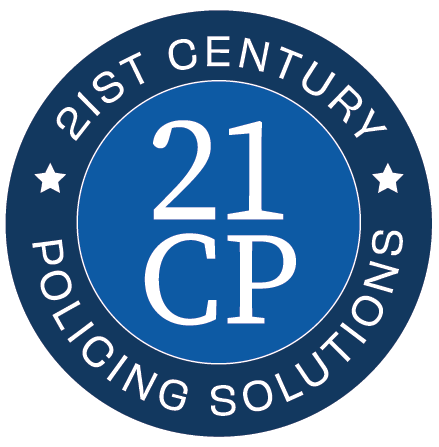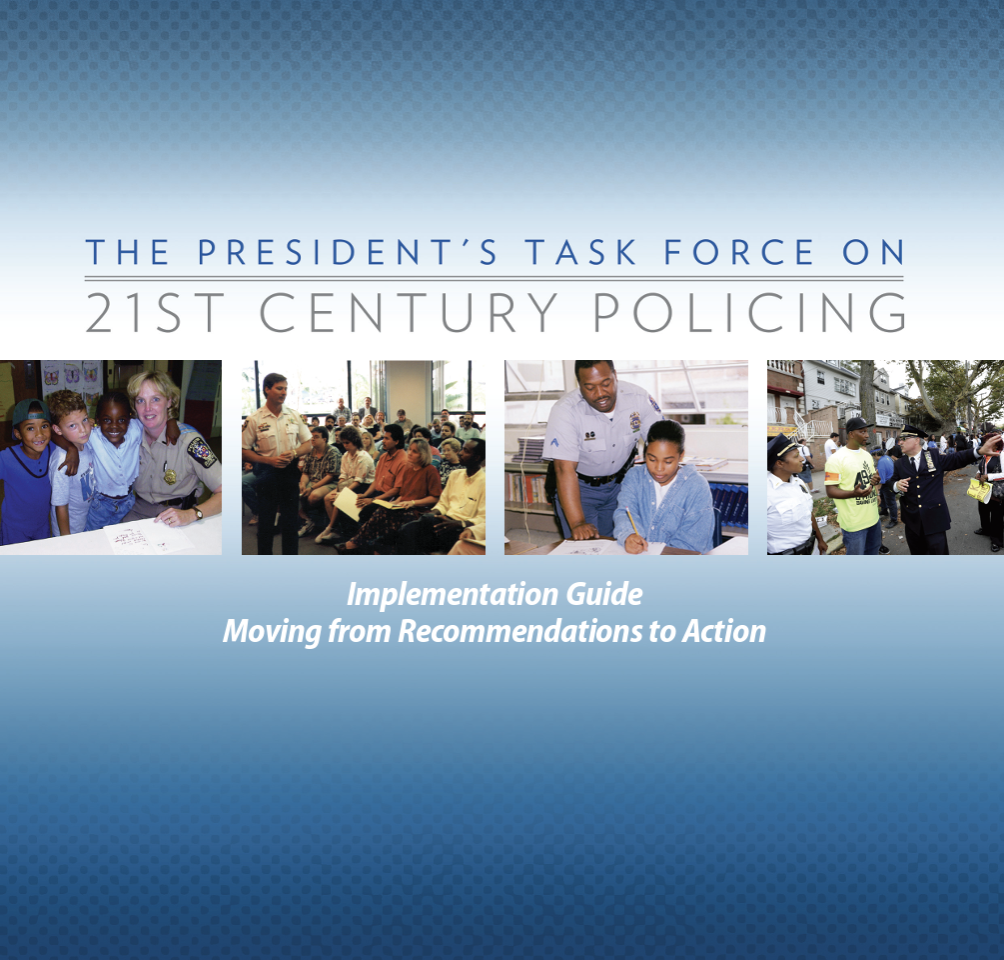
The Task Force on 21st CEntury Policing: A REnewed CaLL to action
21CP Solutions, LLC
The 2015 report by the President’s Task Force on 21st Century Policing remains a significant influence on policing reform, but the country still confronts police violence that undermines community trust and confidence. The brutal beating death of Tyre Nichols in Memphis by a specialized unit of the Memphis Police Department ignited a review of the role of specialized units and use of force. However, this is not enough, and the situation demands an in-depth examination of policing culture. On February 2, 2023, former task force co-chairs Laurie Robinson and Charles Ramsey convened former task force members to discuss the current crisis of confidence in policing. Participants in the reconvened task force believe that real solutions require looking beyond police reform toward underlying causes, including whole-of-government and whole-of-community responses.
The Final Report of the President’s Task Force on 21st CEntury Policing
President’s Task Force on 21st Century Policing. 2015.
On December 18, 2014, President Barack Obama signed Executive Order 13684, establishing the Task Force on 21st Century Policing. The mission of the task force was to examine ways of fostering strong, collaborative relationships between local law enforcement and the communities they protect and to make recommendations to the President on ways policing practices can promote effective crime reduction while building public trust. The President selected members of the task force based on their ability to contribute to its mission because of their relevant perspective, experience, or subject matter expertise in policing, law enforcement and community relations, civil rights, and civil liberties.
Implementation Guide: Moving from REcommendation to Action
Office of Community Oriented Policing Services. 2015.
On July 23, 2015, the White House and the U.S. Department of Justice convened a Forum on Community Policing. The forum hosted representatives from 36 separate jurisdictions to review actions and plans for the implementation of the task force recommendations. Participants in the forum wanted a tool that would provide specific guidance on implementing the recommendations and creating change in policing and community engagement. They asked for simple, concrete actions that would take them to the next level of mobilization to restore trust between the community and the police. This document is that guidebook. It is a tool that will serve as a catalyst for change and give specific guidance on how to reduce crime while building community trust.



